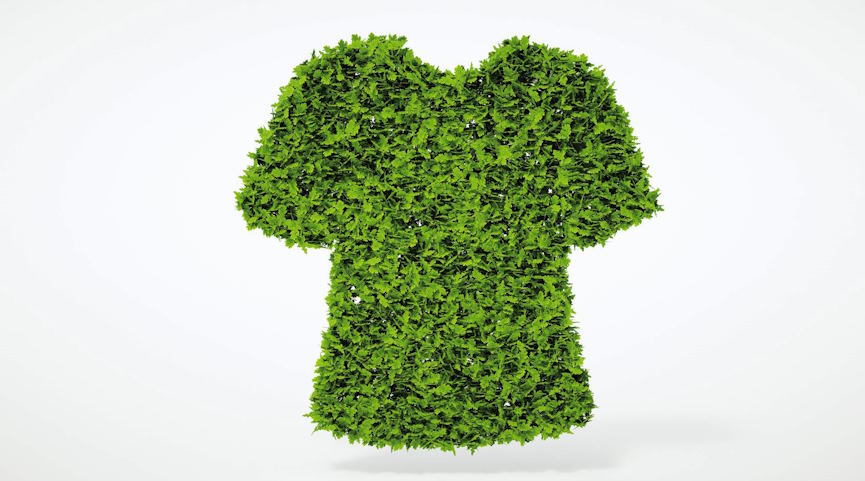Exploring Sustainable Fashion Design: Eco-friendly and Ethical Practices
In an era where environmental consciousness is becoming increasingly paramount, the fashion industry is undergoing a profound transformation towards sustainability. As our awareness of the detrimental impact of fast fashion on the planet grows, a new paradigm of eco-friendly and ethical practices is emerging in the world of fashion design. From the use of environmentally friendly materials and ethical production techniques to the rise of the slow fashion movement and cutting-edge innovations, we embark on a journey to understand how the fusion of creativity and conscience is reshaping the industry and paving the way for a more harmonious relationship between fashion and the environment.
Sustainable Production Techniques
Exploring Zero-Waste Manufacturing Processes
Zero-waste manufacturing processes are at the forefront of sustainable fashion design, presenting a revolutionary approach to minimize environmental impact. Unlike traditional manufacturing, where excess materials are discarded as waste, zero-waste techniques aim to utilize every bit of fabric, leaving no scraps behind. Designers meticulously plan patterns and cuts to ensure optimal material usage, resulting in garments that generate little to no waste. By embracing zero-waste practices, the fashion industry can significantly reduce its contribution to landfills and carbon emissions, making a tangible difference in the fight against environmental degradation.
The Role of Recycling and Upcycling in Sustainable Fashion
Recycling and upcycling breathe new life into old garments and discarded materials, transforming them into fashionable creations. Recycling involves processing used textiles into new fibers, reducing the demand for virgin materials and conserving valuable resources. On the other hand, upcycling creatively repurposes existing materials, turning them into unique and stylish pieces. Both methods play a crucial role in reducing the fashion industry’s reliance on new resources and minimizing its ecological footprint. Furthermore, these practices promote a circular economy, where fashion items have an extended lifespan, diverting items away from landfills and promoting sustainable consumption.

Ethical Labor Practices in the Fashion Industry
Addressing Issues of Exploitative Labor Practices
The fashion industry has long been criticized for its exploitative labor practices, particularly in developing countries where garment workers often endure unfair wages, long working hours, and hazardous conditions. However, a growing awareness of these issues has sparked a powerful movement towards ethical labor practices. Brands and designers are increasingly acknowledging their responsibility in ensuring the well-being of the workers who bring their creations to life. By collaborating with suppliers and factories that adhere to fair labor standards, the industry is taking crucial steps to address these pressing concerns and create a more just and equitable environment for its workforce.
Importance of Fair Wages and Safe Working Conditions
Fair wages and safe working conditions are the cornerstones of ethical labor practices in the fashion industry. Garment workers, often among the most vulnerable in society, deserve to be compensated fairly for their hard work and dedication. Ethical brands prioritize providing living wages, allowing workers to support themselves and their families with dignity. Additionally, ensuring safe working conditions is non-negotiable. Implementing robust health and safety measures protects workers from preventable accidents and long-term health issues. Brands that uphold these principles demonstrate their commitment to social responsibility and contribute to an industry that values the well-being and dignity of every worker in the supply chain.

Slow Fashion Movement: Encouraging Mindful Consumption
Understanding the Concept of Slow Fashion
In a world characterized by fast-paced trends and relentless consumerism, the slow fashion movement offers a refreshing alternative. Slow fashion is a philosophy that emphasizes quality, sustainability, and ethical production practices. It encourages consumers to be more mindful and intentional in their fashion choices, prioritizing timeless pieces over fleeting trends. By opting for well-made, durable garments that transcend seasonal fads, individuals contribute to a more sustainable and environmentally friendly fashion industry. Slow fashion also advocates for a deeper connection to the clothes we wear, fostering a sense of appreciation for the craftsmanship and artistry behind each piece.
Benefits of Embracing a More Conscious Approach to Fashion
Embracing a conscious approach to fashion yields a multitude of benefits. Firstly, it reduces the environmental impact of the fashion industry. By investing in high-quality, long-lasting garments, consumers decrease the demand for fast fashion, which is notorious for its wasteful practices and excessive resource consumption. Additionally, supporting brands that prioritize sustainable and ethical production encourages the industry to shift towards more responsible practices. On a personal level, adopting slow fashion promotes a minimalist mindset, leading to a well-curated wardrobe filled with pieces that truly resonate with our individual style and values. By making mindful choices, we can break free from the cycle of constant consumption and find contentment in owning fewer, yet meaningful, items.



